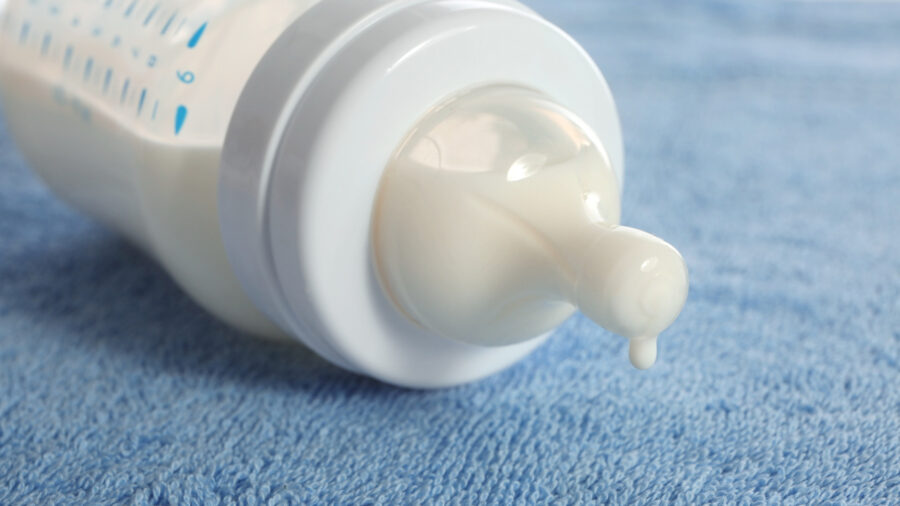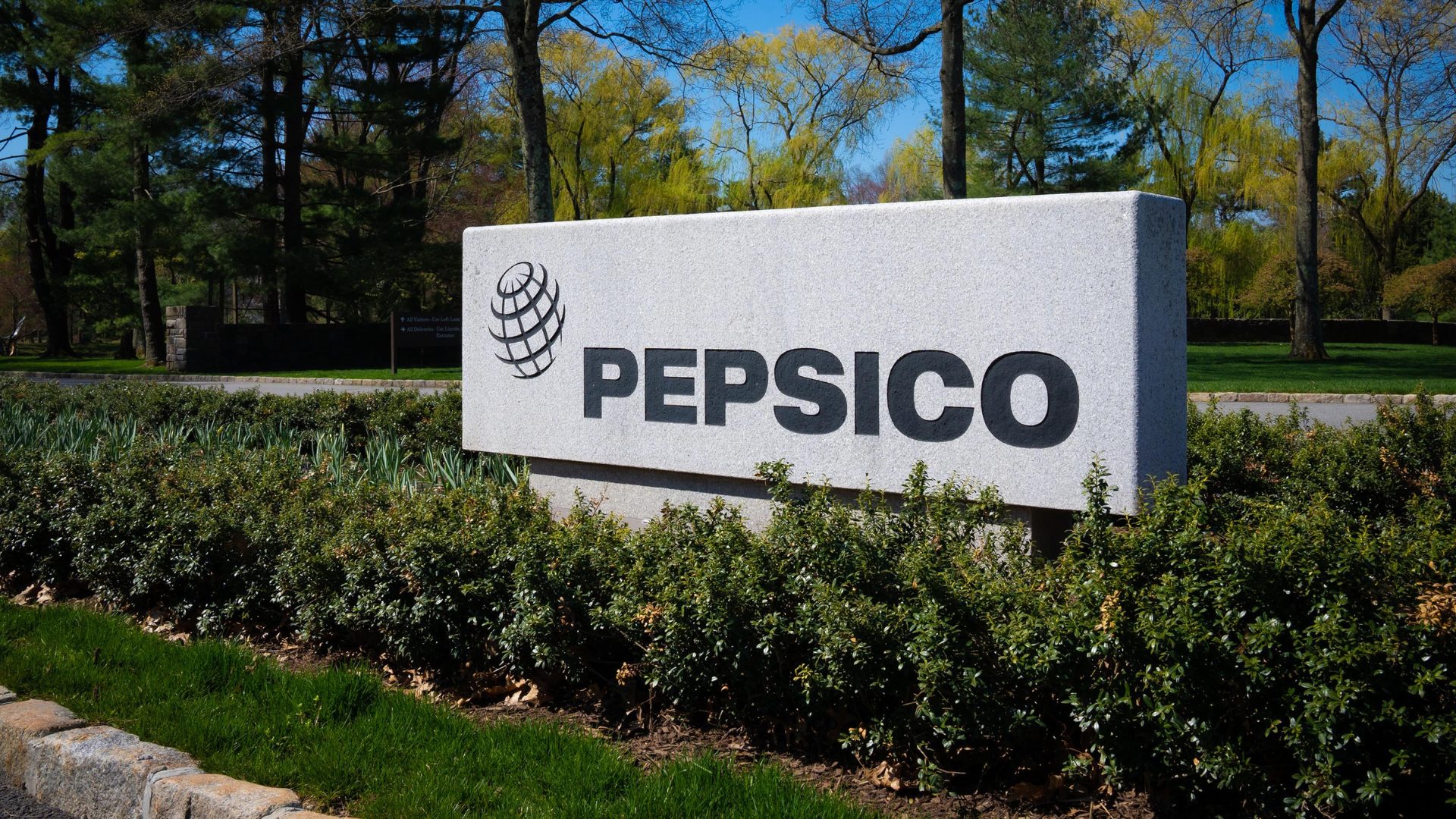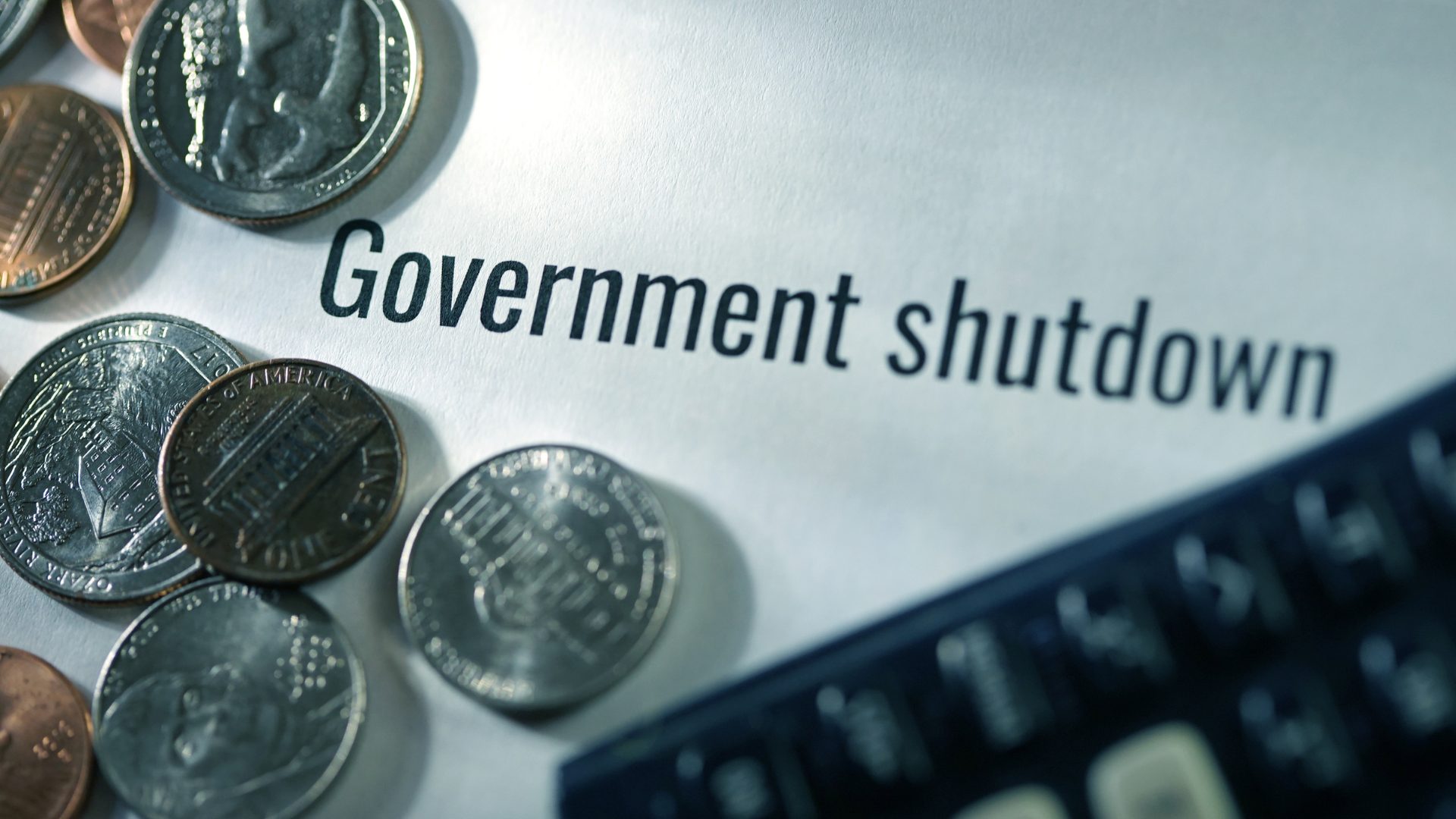Abbott Laboratories, which stopped the production of Elecare powdered specialty baby formula after its southwest Michigan facility was flooded recently, said it had enough formula supply on hand to meet current needs.
Heavy rains and thunderstorms flooded parts of the Sturgis, Michigan, plant that manufactures formula for babies and children who have protein allergies or are intolerant of intact protein, CNBC reported.
The hiatus marked the latest problem in the formula supply chain shortage that has plagued the U.S. since February. Baby formula has been in short supply for months. At first, shortages began from supply chain issues caused by the pandemic, and then were exacerbated by the product recalls and production halt by Abbott, the Wall Street Journal reported.
“We need a more resilient baby feeding system in the United States. Recently, the CEO of Perrigo, a manufacturer of baby formula, expressed he believed [the shortage] would be going on until the end of the year,” Andrea Ippolito, CEO and founder of SimpliFed, told The Food Institute.
“The Federal government must lean in and invest in this broken system,” added Ippolito, whose company is a lactation consulting telehealth platform. “One factory shutdown should not mean we can no longer feed the most vulnerable members of our society. There are four FDA-registered formula manufacturers that currently make 90 percent of formula in the US. The federal government needs to invest in the rapid development of more manufacturing facilities via public-private partnerships, perhaps with state infusion of capital as well, and they should start that process now.”
RECAPPING HOW WE GOT HERE
In February, Abbott Nutrition recalled several major brands of powdered formula when federal officials investigated four babies who contracted bacterial infections after consuming formula from the facility, NBC Miami reported last month.
Abbott reopened the Sturgis plant earlier this month after the February product recall and shutdown.
Abbott told the U.S. Food and Drug Administration that the setback caused by the flooding at the recently re-opened Sturgis plant—which has been at the center of the baby formula shortage in America—most likely will delay the manufacture and shipment of formula for a few weeks.
Abbott, which was the largest U.S. supplier of powder baby formula prior to the recall, said it’ll resume EleCare production after the facility is re-sanitized. The company said it would restart production of Similac formula “as soon as possible,” CNBC reported.
Once Abbott has a reopening plan, the FDA will enter the plant to enable a quick production restart of “safe and quality” products, FDA Commissioner Robert Califf said, adding that Abbott and other formula producers continue to make their products at “higher-than-average rates.”
Califf said on Twitter, “This means that the total amount of formula available, even before the Sturgis plant is back in production, exceeds the demand for formula prior to the recall.”
Meanwhile, Group PLC said it will import powdered Enfamil, a baby formula, from a Singapore facility to help alleviate formula shortages, the Wall Street Journal reported.
Group PLC said it is making the nation’s largest contribution towards mitigating the formula shortage in the U.S.
Group PLC said it would ship what amounts to 66 million 8-oz bottles of base infant formula powder between now and November, which is enough to feed, on average, more than 130,000 babies a month. The powder will be shipped this month to a Minnesota facility, where it will be prepared and packaged for distribution, the Wall Street Journal reported.
LATEST UPDATE
On Monday, the FDA said it was working to bring roughly 1.4 million pounds of Bellamy’s Organic formula from Australia by early July, to be available at major and specialty stores. The Departpment of Health and Human Services also noted in a press release on Monday that it continues to evaluate options for getting more formula “to the U.S. as quickly as possible.”











